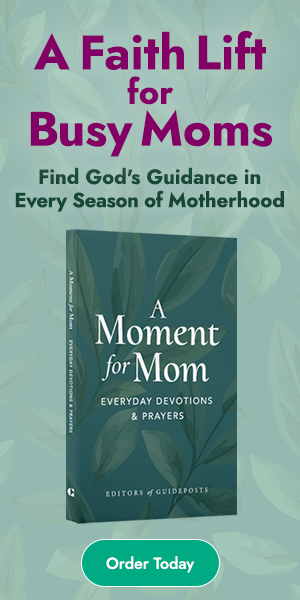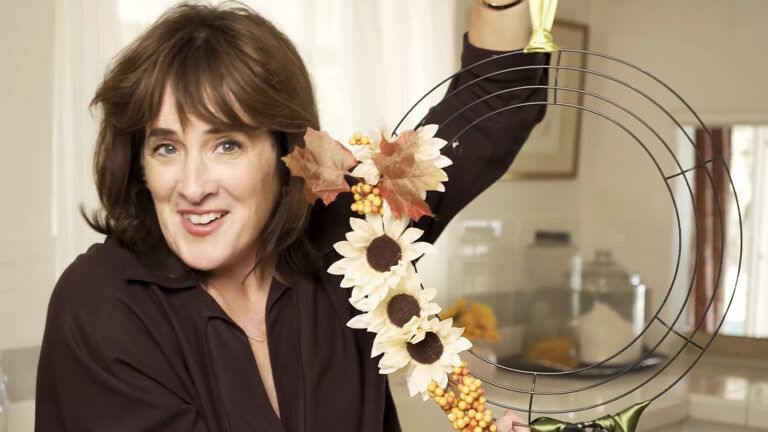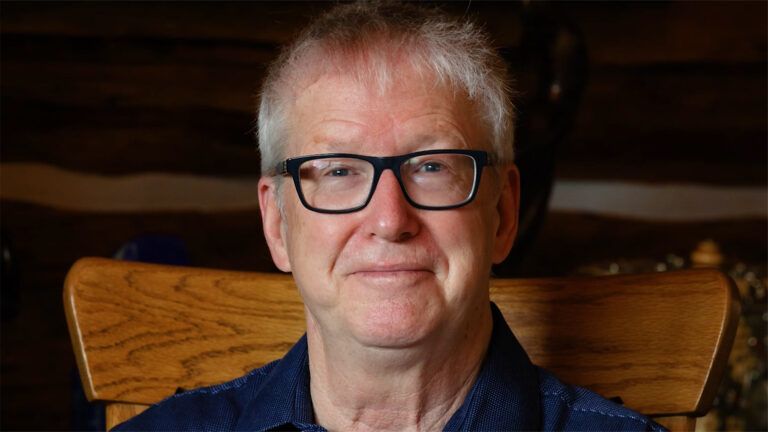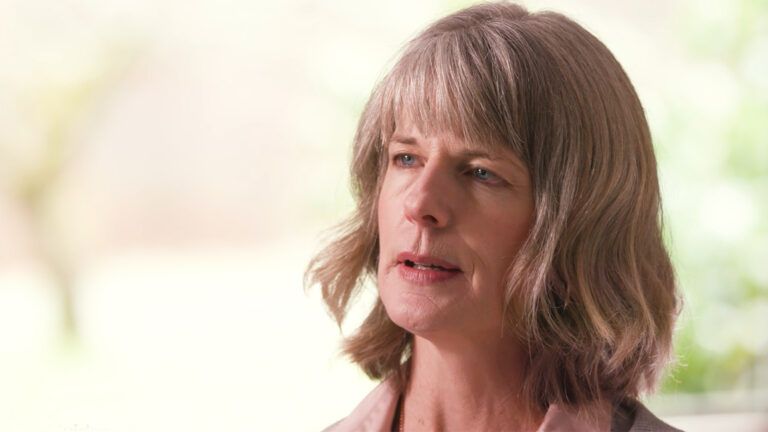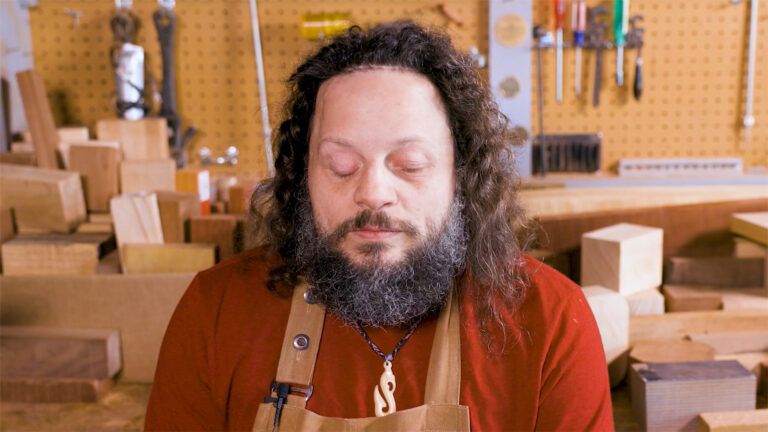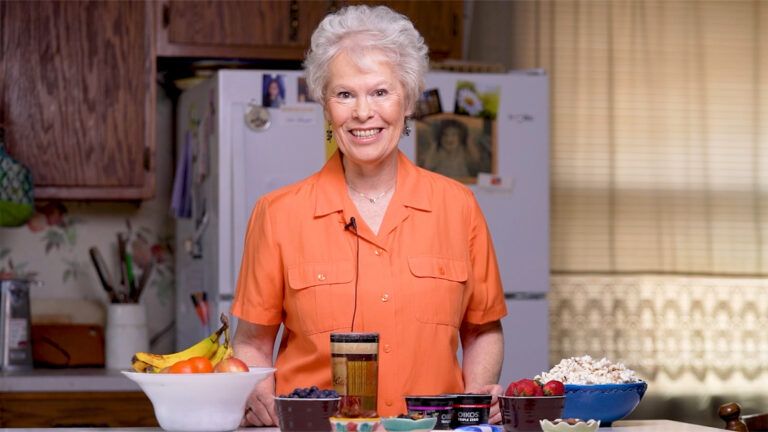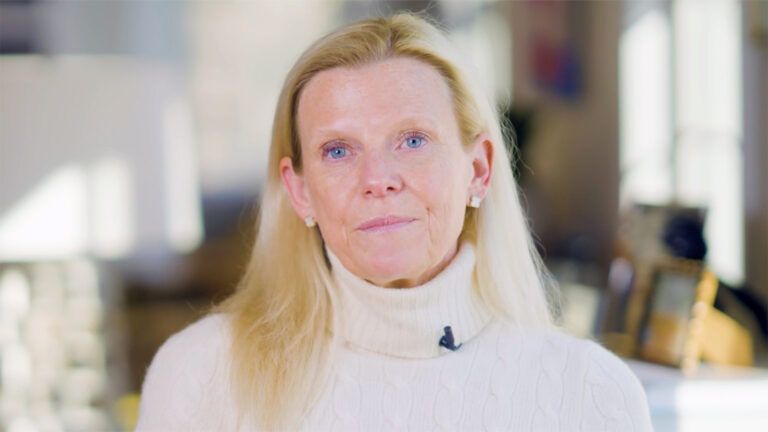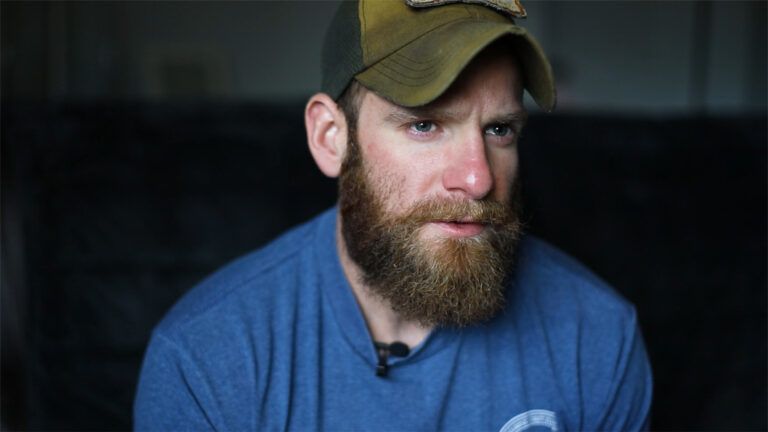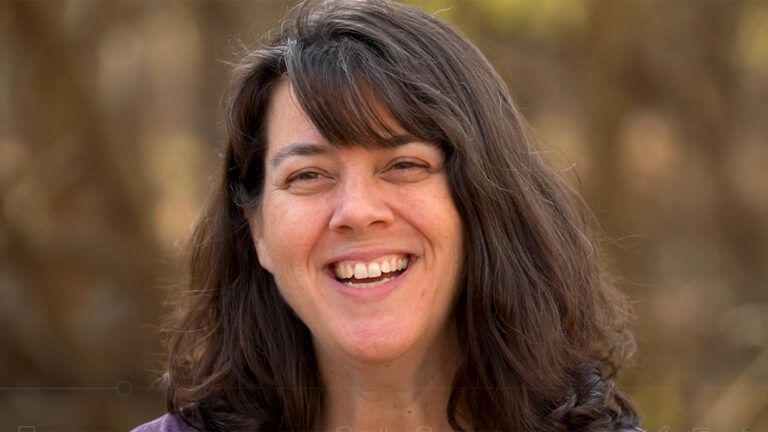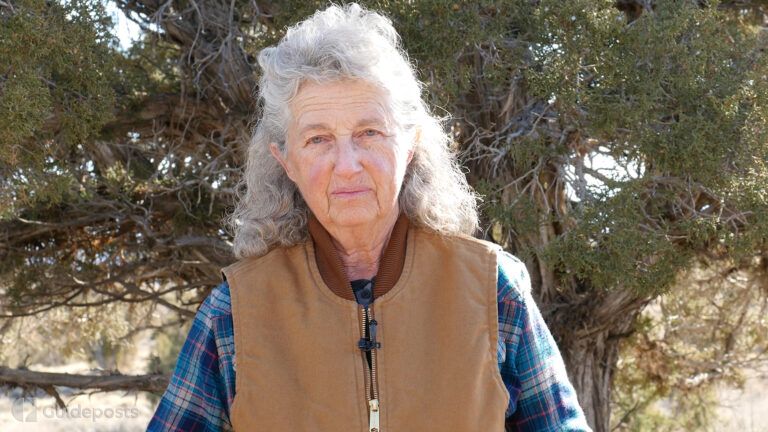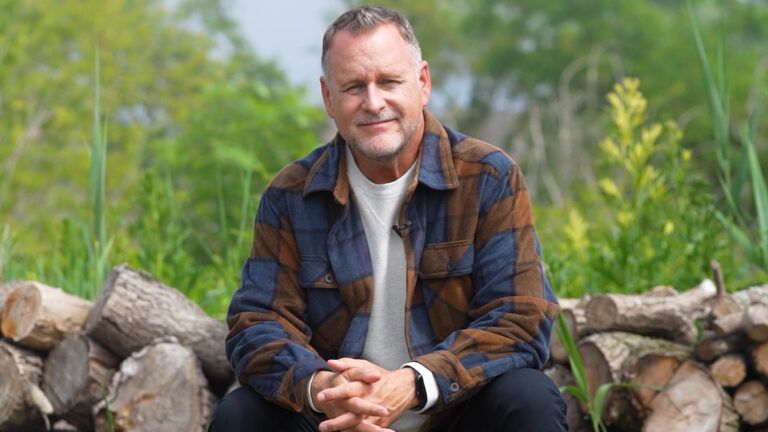
How an Army Social Worker Helped a WWII Veteran Survive Covid-19
Captain Eric Dungan shares how he forged a bond built on hope and courage with Army veteran George Crouch during the height NYC’s coronavirus crisis.
View Transcript
Guideposts Video: Inspiring True Stories
Hi, Guideposts, my name is Eric Dungan. I’m a captain with the United States Army Reserve. I was part of a 452 Covid Task Force that helped serve in New York City during the Covid crisis.
We got there about May of 2020. We stayed for about two-and-a-half months, and I was at the Jacobi Medical Center as a licensed clinical social worker, helping their medical staff and mental health staff battle the crisis.
I did daily evaluations, daily assessments for social work, medical assessments for social work, and then I also did mental health rounds on patients who were battling Covid, making sure that all my patients had someone kind of coming in on a regular basis to visit with them and talk with them and keep them company as they were battling the Covid disease.
I was given a consult, a mental health consult, to visit George Crouch. His wife, Gail, had passed away the day previous of Covid and George had kind of given up on wanting to fight and wanting to live himself. So my job was to come in and try to establish a relationship with him, provide a little hope and encouragement and start visiting him every day, and doing some mental health work with him to try to get him to feel better.
And our relationship grew as the weeks went by, and we got to the point when I found that he was a World War II vet. He found out I was a captain in the Army. We were able to kind of have that soldier bond, and I was able to push him a little bit harder and challenge him to get better, and he responded very well.
And I’ll never forget it. He told me, “What do you want me to do?” He was really upset with me because I kept kind of pushing him. And I told him I wanted him to live. And he just shrugged his shoulders and said, “Okay, then.” And he started eating and taking his medicines, and he was released two weeks later to the rehab facility, and now he’s home today. We talk every day and we still see each other and we do video calls, and so it’s a good relationship.
How the experience changed me? it just changes your belief system and value system. You value things more. You value each day that you have more, especially when you see it on a daily basis, people’s lives being taken from this earth. It’s a pretty traumatic thing in yourself, to deal with that on a regular basis. But it changed me in the sense of I actually have more belief and hope. And I believe one person with hope can change another person and another person, and then hope can change everything. And in our current society, in our current environment, I still believe in hope, and I’m hopeful that things will get better.
